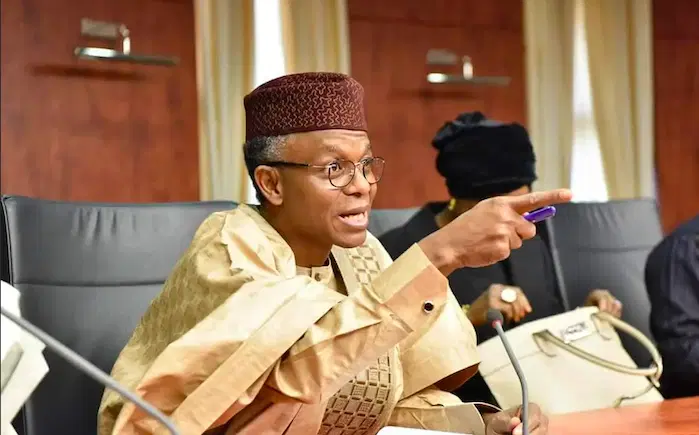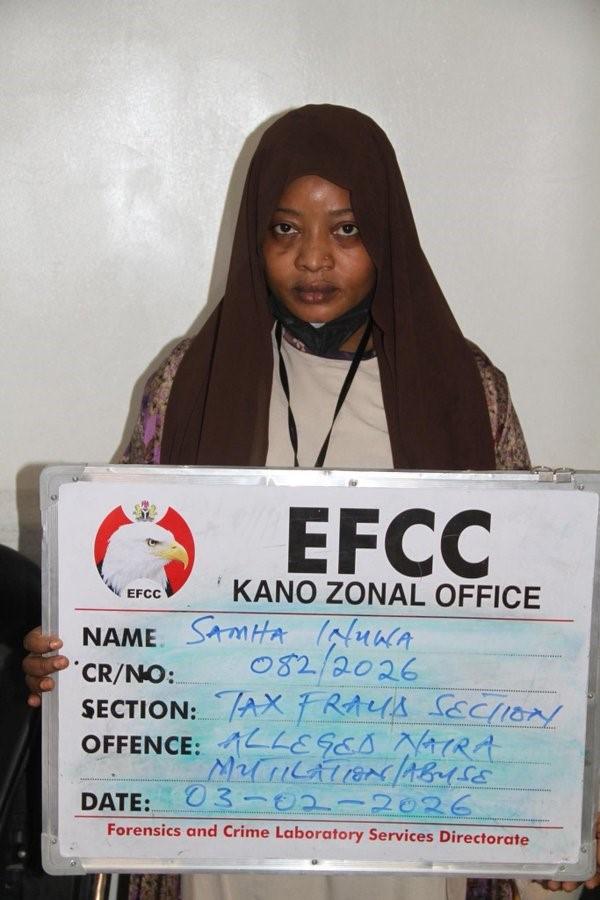
.CHINEDU MOGHALU, DEPUTY GOVERNOR, FINANCIAL SYSTEM STABILITY, CENTRAL BANK OF NIGERIA
Chiedu Moghalu, Deputy Governor, financial system stability, Central Bank of Nigeria (CBN) has emphasized the need for African Economic society to modify its perspective on globalisation and different kinds of capitalism in order to matter in the world economy.
Chinedu Mooghalu while delivering at the Woodrow Wilson International Centre for Scholars, Washington DC, USA, declared that the continent still plays a negligible role in the global economy, stressing that even its extractive capacity is in gradual decline with the discovery of fracking and shale oil and gas.
He argued that the continent must adopt a paradigm shift to matter in the global economy since the current paradigm – based on unrestrained free markets without conceptual grasp of opportunities, limitations and even the different kinds of capitalism and their implications for African countries – cannot create an enabling environment for the continent to matter in the world economy.
To this end, he recommended that the paradigm shift should first take place in the minds of Africans, based on a new and fundamental understanding about the world, the continent’s place in the world, and how to alter Africa’s trajectory.
“Africa will only matter if her countries become industrial and manufacturing economies, rather than predominantly agricultural economies”, he said.
He also advised that African countries must develop a clear and comprehensive world view, just like their Western and Asian counterparts.
The CBN deputy governor also called for a complete revaluation of what he called “the myth that Africa is rising” since growth rates being recorded on the continent in the past decade do not have corresponding signs of real transformation; growth without structural transformation.
He also recommended that African countries must move towards economic diversification and complexity for the continent economy to advance to the world class.






















